Dental emergencies can strike unexpectedly, causing significant pain and potential long-term damage if not addressed promptly. From severe toothaches to knocked-out teeth, understanding what constitutes a dental emergency and how to respond can help you manage the situation effectively. Immediate action can often save your teeth, reduce pain, and prevent further complications. Knowing the right steps to take and where to seek help is crucial in these critical moments.
Signs of a True Dental Emergency
A dental emergency involves any oral issue that requires immediate care to save a tooth, stop bleeding, or alleviate severe pain. Recognizing the signs of a dental emergency is crucial in preventing further complications and ensuring prompt treatment. Common symptoms that indicate a dental emergency include unbearable toothache, swelling in the face or jaw, and broken or knocked-out teeth.
Common Dental Emergencies
- Severe toothache
- Major tooth crack
- Significant oral injury(like a busted lip or deep cut)
- Tooth out of its socket
- Dental abscess (swelling of your face and jaw)
- Lost or broken dental restoration
Severe Toothache
Severe toothaches often signal underlying issues like infections or cavities. Symptoms include throbbing pain, sensitivity to hot or cold, and swelling. To manage a severe toothache, rinse your mouth with warm water to clean the area, use dental floss to remove any trapped food particles, and apply a cold compress on your cheek to reduce swelling. Over-the-counter pain relief medications like ibuprofen can help manage the pain temporarily. However, it is essential to contact your dentist immediately to identify and treat the underlying cause of the toothache, as it could indicate a more serious problem that needs professional attention.
Major Tooth Crack
A major tooth crack can expose nerves, leading to intense pain and sensitivity. Symptoms of a significant tooth crack include sharp pain when biting, visible cracks or fractures, and heightened sensitivity to temperature changes. To manage this condition, rinse your mouth with warm water to keep the area clean and apply a cold compress to reduce swelling. Avoid using the affected side for chewing to prevent further damage. It’s crucial to seek immediate dental care to avoid infection and potentially save the tooth. Based on the severity of the crack, your dentist may suggest a crown, root canal, or extraction.
Significant Oral Injury
A significant oral injury, such as a busted lip or deep cut, can involve substantial bleeding and discomfort. Symptoms often include intense pain, noticeable bleeding, and a visible cut or tear in the soft tissues of the mouth. To manage the injury, rinse your mouth gently with warm water to clean the area, apply pressure with a clean cloth to control bleeding, and use a cold compress to reduce swelling. If the bleeding does not stop within 15 minutes or if the cut is deep, seek emergency medical care immediately. Stitches may be needed for deep cuts to promote proper healing and prevent infection. Maintaining good oral hygiene and avoiding further irritation will aid in recovery. Prompt treatment is essential to avoid complications and ensure a quicker healing process.
Tooth Out of Its Socket
A tooth that has been partially or fully knocked out of its socket requires immediate attention to increase the chances of saving it. Symptoms include noticeable displacement of the tooth, pain, and bleeding from the affected area. To manage this situation, gently rinse the tooth with water—avoiding touching the root—and try to place it back into its socket. If re-insertion isn’t possible, keep the tooth moist by placing it in milk or saline. Seek emergency dental care as soon as possible. Time is critical for the best chance of reattachment, so prompt action is essential.
Dental Abscess
A dental abscess is a severe infection that can cause swelling, fever, and a pimple-like bump on the gums. Symptoms include intense pain, swollen lymph nodes, and pus discharge. Rinse with salt water to help draw out the pus and relieve discomfort. Avoid hot or cold foods and beverages. It is critical to seek immediate dental care, as abscesses can spread to other parts of the body and become life-threatening. Treatment may include draining the abscess, antibiotics, and possibly a root canal or tooth extraction. Prompt treatment is necessary to prevent the infection from spreading.
Lost or Broken Dental Restoration
Lost or broken restorations can cause discomfort and leave teeth vulnerable to damage. Symptoms include sensitivity to temperature changes, discomfort while chewing, and a noticeable gap where the restoration was. Keep the area clean by gently brushing and flossing. Avoid chewing on the affected side and contact your dentist to replace or repair the restoration. Temporary dental cement, available at pharmacies, can help protect the area until you see your dentist. Timely attention will prevent further damage or decay to the tooth, ensuring long-term oral health.
Managing Dental Symptoms Before Your Appointment
- Pain relief: Use over-the-counter pain medications like ibuprofen or acetaminophen. These medications can help reduce inflammation and alleviate pain temporarily. Always follow the dosage instructions on the packaging and avoid taking more than the recommended amount. If you have any allergies or medical conditions, consult your doctor before taking any medication.
- Cold compress: Apply a cold compress to the outside of your cheek to reduce swelling and numb the pain. Use a cloth-wrapped ice pack or a bag of frozen vegetables for 15-20 minutes at a time. This can help reduce inflammation and provide temporary relief from pain. Repeat as necessary, but take breaks to avoid skin damage from prolonged cold exposure.
- Salt water rinse: Rinse your mouth with warm salt water to clean the area and reduce bacteria. Mix a teaspoon of salt in a cup of warm water and swish it around your mouth for 30 seconds. This can help soothe irritated gums, reduce swelling, and promote healing. Repeat several times a day.
- Avoid hard foods: Stick to soft foods to prevent further damage or pain. Foods like yogurt, mashed
What to Do in a Dental Emergency
During a dental emergency, staying calm and seeking immediate help is essential. Schedule an appointment at New You Dental Center for urgent care. If the emergency happens outside of regular hours, visit an emergency room, especially if you’re dealing with severe pain or bleeding. Quick response can save your teeth and prevent additional harm. Carefully follow the guidance given by your dentist or emergency room personnel. It’s also wise to have a dental emergency kit and your dentist’s contact details easily accessible for such events.
What Dental Emergencies We Treat
If you are experiencing dental pain that prevents you from chewing, sleeping, or fully participating in your daily activities, it is crucial to contact your dentist immediately. Overall, situations requiring urgent dental care include bleeding that won’t stop, pain that doesn’t improve with medication, broken facial bones, loose teeth, severe toothache, dental abscess, lost filling or crown, and objects stuck between teeth.
At New You Dental Center, we handle any type of dental emergency, including:
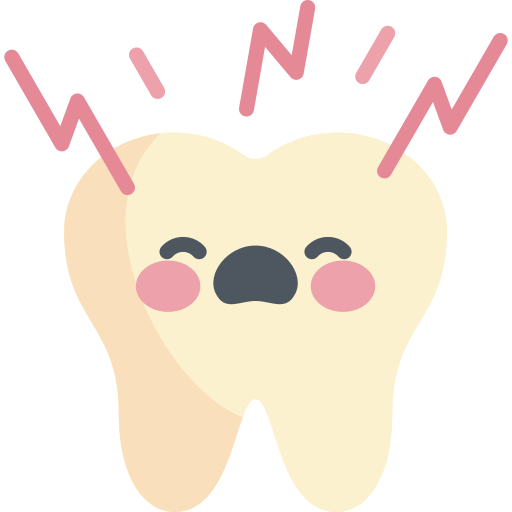
Severe Toothache
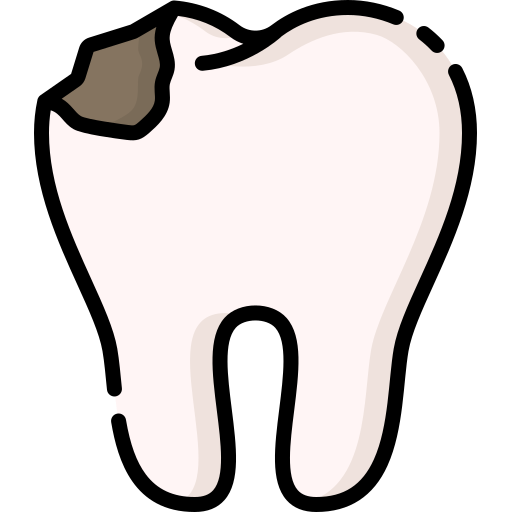
Broken Tooth
Knocked-Out Tooth
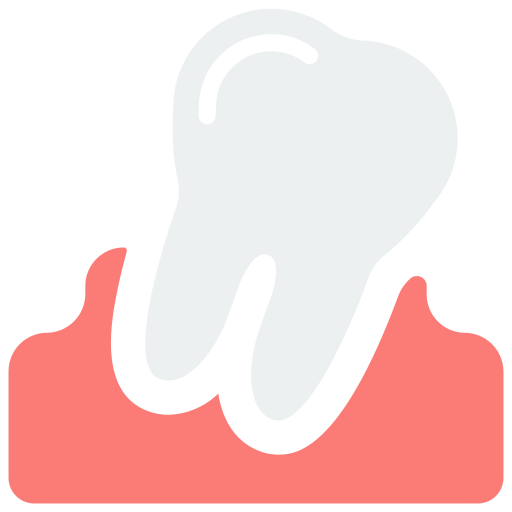
Loose Tooth
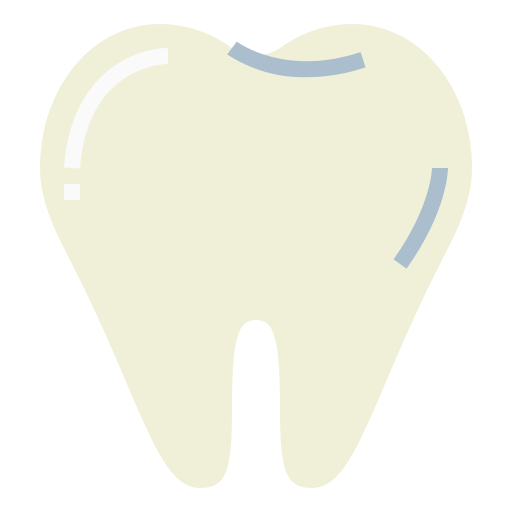
Object Stuck Between Teeth
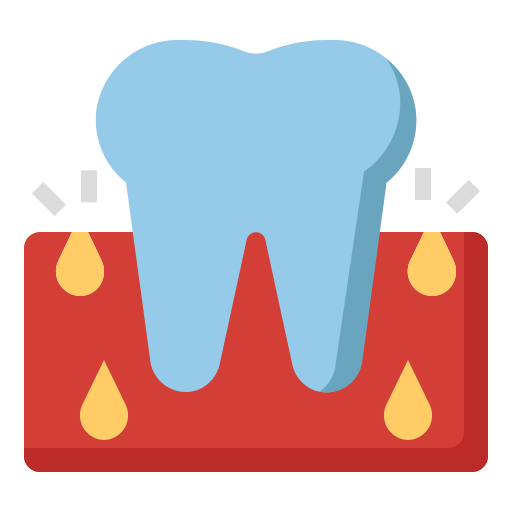
Dental Abscess
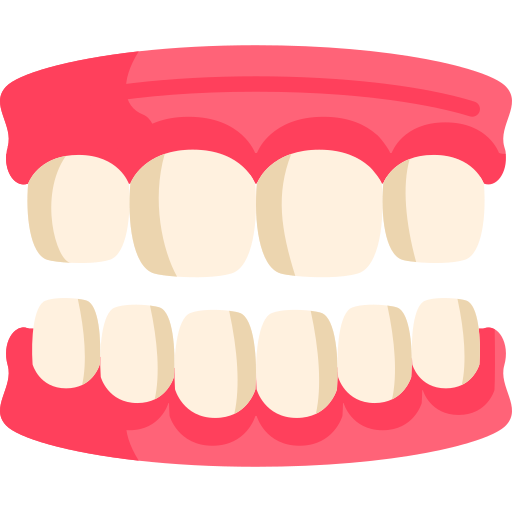
Broken Jaw
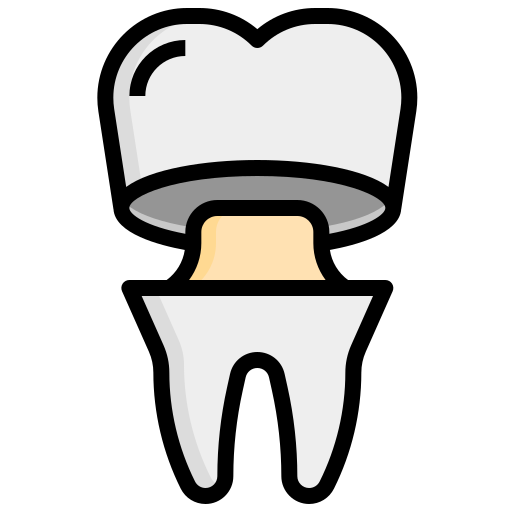
Lost Dental Crown
If you need immediate dental emergency assistance near you, please contact one of our locations in Michigan:
